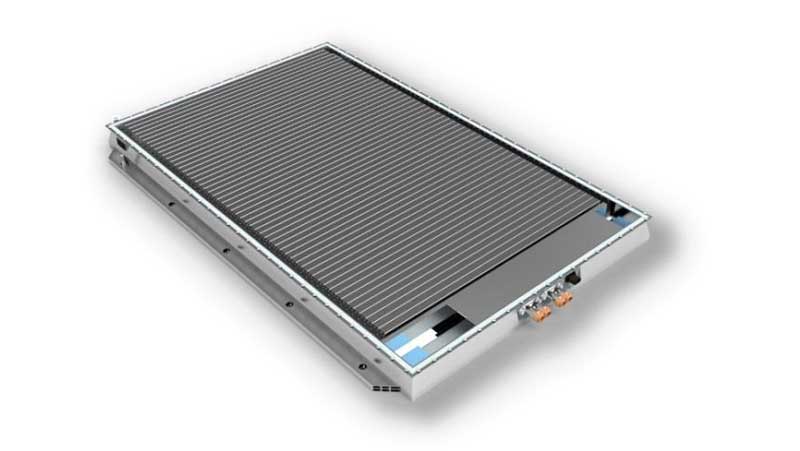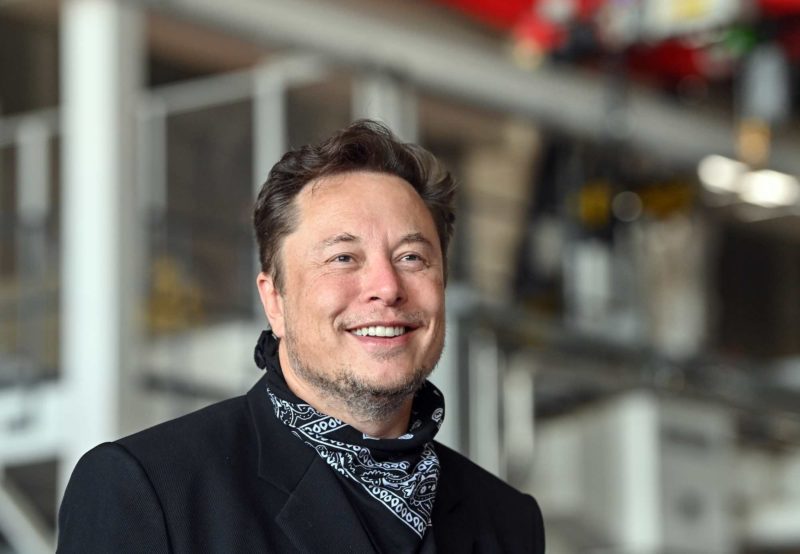A small note in Tesla’s latest presentation that stated it would shift all its Standard Range vehicles to cobalt-free batteries has sparked speculation on which battery maker it will buy them off to keep to its strategy of using locally made parts.
In the third quarterly report for 2021 released on October 20, local time in the United States, Tesla stated that “For standard range vehicles, we are shifting to lithium iron phosphate (LFP) battery chemistry globally.”
Tesla currently uses LFP batteries from Chinese battery maker CATL in the Standard Range vehicles it makes at Shanghai.
While they are less energy-dense than the NCA (nickel cobalt aluminum oxide) batteries it uses in its Performance and Long Range vehicles, they have the advantage of being cheaper to produce, they are cobalt-free and they can (and should be) be regularly charged to 100%.
But with Tesla’s ultimate goal to make electric cars more affordable driven by using as many locally made parts as possible, it means that it would ideally be sourcing LFP batteries from a US-based factory.
“Certainly, our goal is to localize all key parts of the vehicles on the continent — at least the continent, if not closer to where the vehicles are produced,” said Tesla’s senior VP Drew Baglino when asked about the change to LFP batteries at its Fremont factory in California.
The new report from China suggests that Tesla may have already cut a for 10GWh deal – enough for 200,000 50kWh batteries a year – with BYD, which is also one of China’s largest EV makers and which in 2020 launched a “Blade” LFP battery that it says is the safest on the market, having a much-reduced tendency to thermal runaway.
“The information I got is that BYD has already obtained Tesla’s 10GWh order,” a source close to BYD was quoted as saying by Chinese media.
Although BYD declined to comment to Chinese media, subsequent follow-up news indicated that BYD’s “blade battery” may be the first to be installed in Model Y.
Reuters reported in June that sources told it Apple was in talks with both CATL and BYD to get LFP batteries for a planned (but perennially) electric vehicle and wants them to build factories in the United States.
Another report in August as reported by The Driven said that Tesla was already testing Blade cell-to-pack batteries.

The deal, if it proves true, will be significant. As a major maker of electric vehicles in China itself (and with an exclusive export deal with Australian company Nexport), BYD’s expansion into global markets could prove the true “Tesla killer”, so to speak, particularly in terms of price.
If Tesla is using BYD’s batteries it may help to ward off some of that potential competition; no matter how much Tesla says it welcomes this, it owes continued profitability to shareholders.
Public information shows that BYD has a LFP battery factory in Lancaster, Pennsylvania, to provide batteries for BYD electric buses sold in the United States.
Although the capacity of this plant is only about 1GWh, it is only about 800km away from Tesla’s Fremont plant. It could possibly Tesla’s early demand for LFP batteries through the upgrade of the production line.
Tesla recorded its most profitable quarter ever in its Q3 report, noting a “structural shift” in demand for electric vehicles.
It is aiming to increase vehicle deliveries by an average annual growth rate of 50% in the next few years, and the goal is still to produce the first Model Y in Berlin and Austin, Texas by the end of this year.

Bridie Schmidt is associate editor for The Driven, sister site of Renew Economy. She has been writing about electric vehicles since 2018, and has a keen interest in the role that zero-emissions transport has to play in sustainability. She has participated in podcasts such as Download This Show with Marc Fennell and Shirtloads of Science with Karl Kruszelnicki and is co-organiser of the Northern Rivers Electric Vehicle Forum. Bridie also owns a Tesla Model Y and has it available for hire on evee.com.au.


